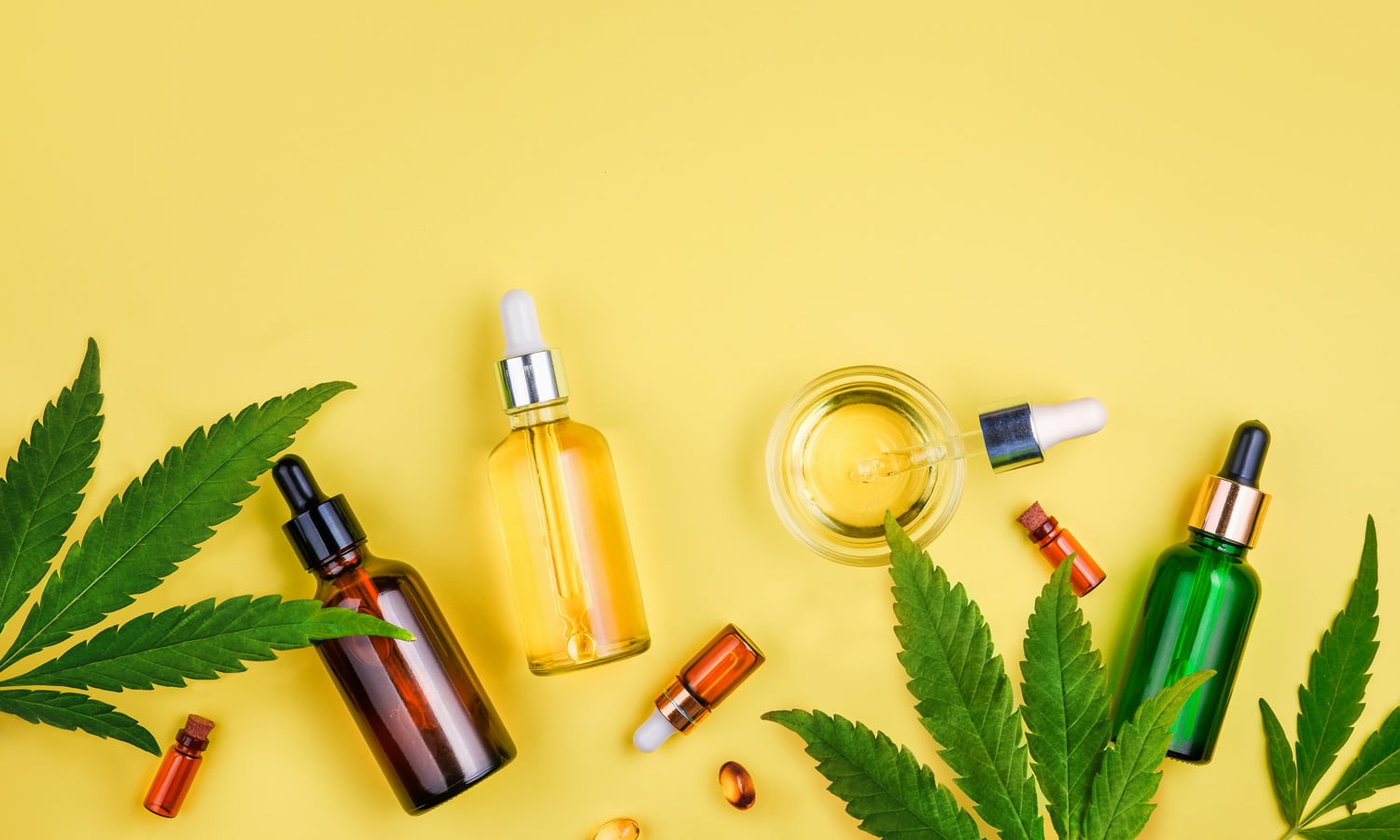
Can A Tolerance Break Help Start Your Relationship With CBD Again?
Tolerance breaks are synonymous with marijuana use. These breaks allow people to restart their endocannabinoid system to make sure that the drug is efficiently affecting them and delivering tangible results.
As with any other substance, developing tolerance to marijuana, especially THC, is problematic for those who consume it regularly. Seasoned users are buying and consuming more cannabis, trying to experience the effects they used to have with just a few puffs. While this is always annoying, it is complicated for people using the drug medically.
CBD is a different matter. There is a lot of mixed evidence to suggest that more research is needed to understand the connection and the way it works in our bodies.
Photo by Christin Hume via Unsplash
There are many reasons why you might want to maintain a low tolerance level when consuming CBD, whether it’s to save money, out of fear of triggering drug tests, or just not wanting to consume as much of it on a day-to-day basis. If you are taking CBD to treat a medical condition, it is best to speak to a doctor before making decisions and manipulating your dosage. Withdrawal from CBD medication can lead to a flare-up of inflammation, pain, or other medical conditions that you are treating.
When it comes to the effects of CBD on the body, several theories circulate, most of which emphasize how different CBD and THC are. Users who have experimented with CBD say that it sometimes takes a while for the compound to take effect, so users need to take it for a few months to see any change or improvement.
RELATED: Why Your Marijuana Tolerance Break Isn’t Working
CBD acts as an antagonist of your cannabinoid system, the opposite of what THC does. Unlike THC, CBD reduces the binding activity of your CB1 receptors. CBD tends to control the negative side effects of THC, suggesting that the compound limits binding to your CB1 receptors. Strains high in THC and CBD tend to produce mild experiences that don’t lead to paranoid highs, while strains high in THC are much more likely to lead to a marijuana overdose.
RELATED: Does It Matter Whether Your CBD Is Made From Industrial Hemp Or Medical Cannabis?
CBD could do the opposite of what THC does in our systems by creating an “inverse tolerance” effect. Instead of having to develop a tolerance for the compound and consume more of it to get the same effects, continued use of CBD could multiply the natural endocannabinoids in our bodies, meaning that once this process begins, we will consume less CBD and can experience the same strong results.
 Photo by IRA_EVVA / Getty Images
Photo by IRA_EVVA / Getty Images
While more research is needed to come to more definitive conclusions, CBD may not have tolerance limits. The connection does its own thing and requires someone who is patient if he is to experience its full scope.
If you are not getting any benefits from using CBD, there could be several reasons. The CBD market is booming, which means that many dishonorable places are making products that may not produce the desired effects. You should also give CBD some time to work in your body as it is a compound that builds up in your system the more you are exposed to it.

Post a comment: